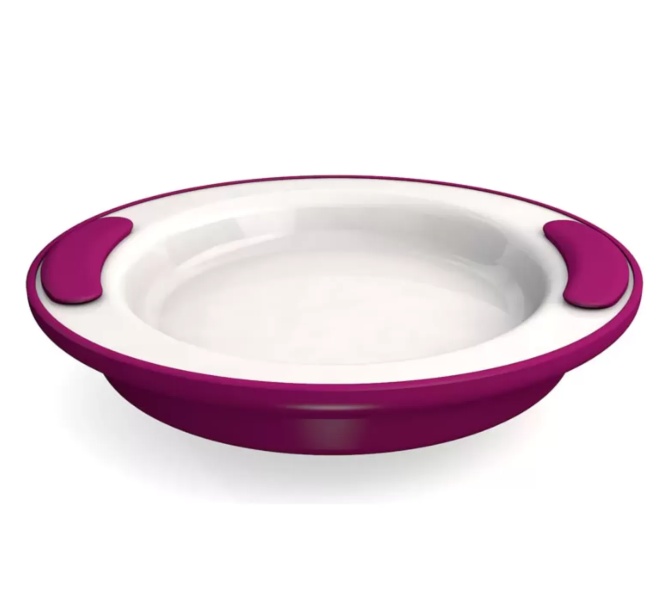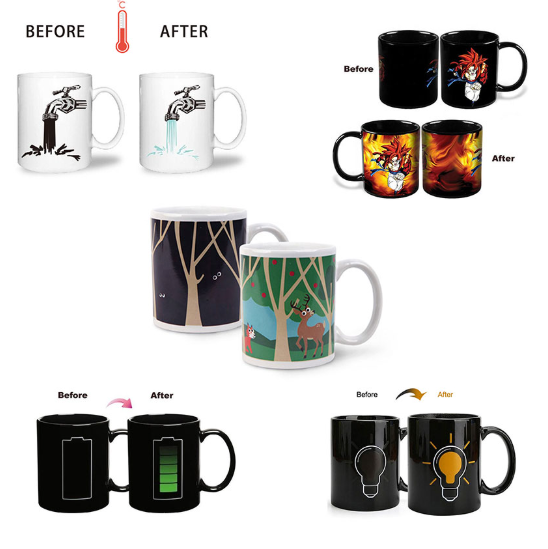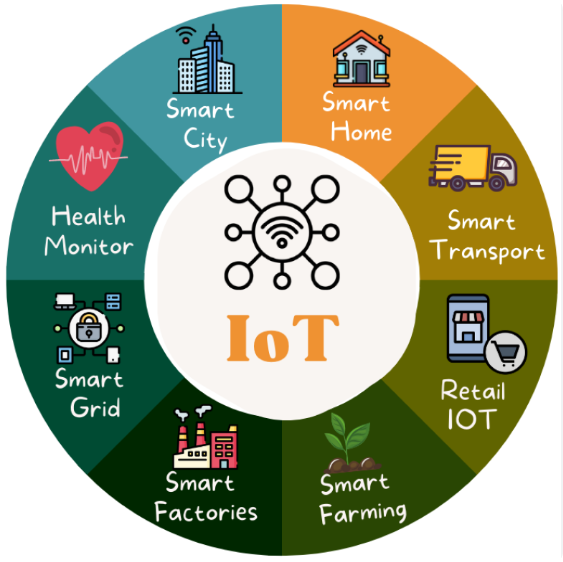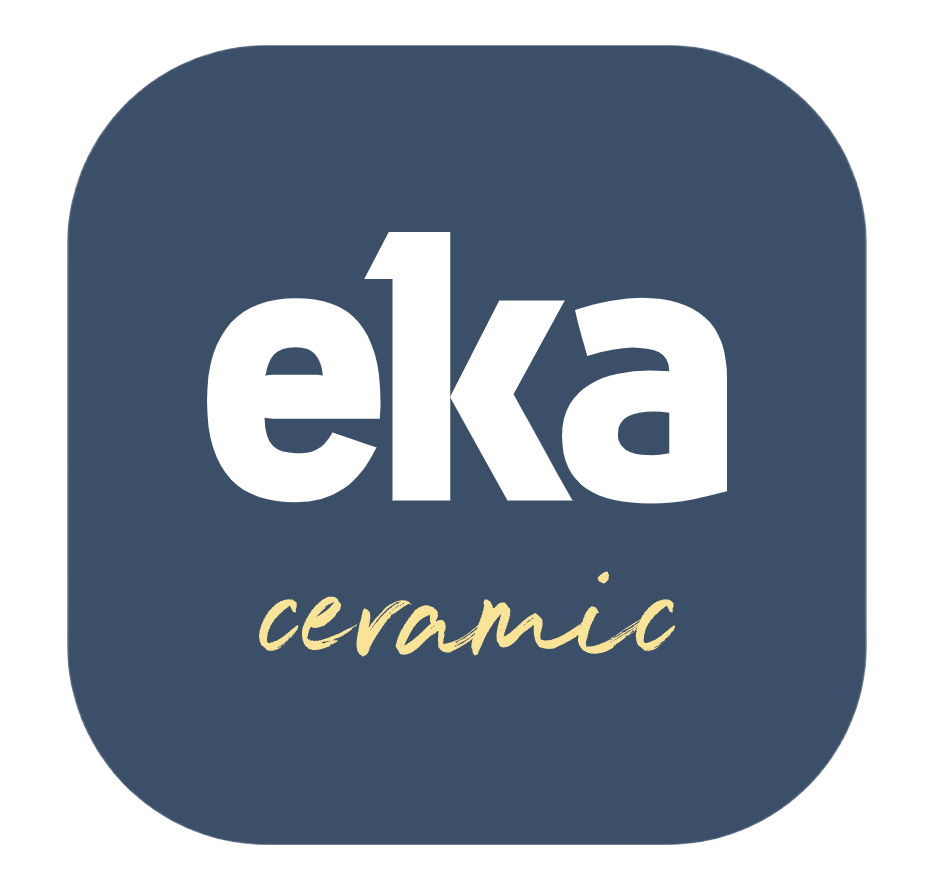The rise of smart homes is revolutionizing the way we live, combining technology and convenience to create a more connected and efficient lifestyle. This trend is not only influencing electronics but is also reshaping traditional industries like ceramic kitchenware. In this article, we’ll explore how the integration of smart technology into homes is driving changes in ceramic kitchenware design, functionality, and market demand.
1. Understanding the Smart Home Revolution
Smart homes are equipped with devices and systems that can be controlled remotely via a smartphone, tablet, or voice commands. From automated lighting to smart refrigerators, the integration of Internet of Things (IoT) technology is transforming daily tasks. With global smart home market revenue projected to reach $207.8 billion by 2026, it’s clear that this trend is here to stay.
Ceramic kitchenware, a timeless staple in households, is now adapting to fit into this technological landscape. Manufacturers and designers are rethinking the traditional ceramic bowl, mug, and plate to cater to tech-savvy consumers.
2. Trends in Ceramic Kitchenware Influenced by Smart Homes
- Smart Integration
Ceramic kitchenware is being designed with smart features like embedded sensors to monitor food temperature or detect spoilage. For example, plates with thermal sensors can indicate if food has cooled to a safe consumption temperature.

- Eco-Friendly and Sustainable Design
Smart home users are often eco-conscious, driving demand for sustainable ceramic kitchenware. Recyclable materials and energy-efficient production methods are gaining traction. - Customizable Aesthetics
With smart kitchens offering customizable lighting and color schemes, ceramic kitchenware is also following suit. Heat-sensitive glazes that change color when heated or cooled are becoming popular.

- Compact and Multifunctional Designs
As smart homes aim to maximize space efficiency, the demand for stackable, multifunctional ceramic kitchenware has increased. Bowls that double as cooking and serving dishes, for example, are gaining popularity.
3. Comparative Table: Traditional vs. Smart-Adapted Ceramic Kitchenware
| Feature | Traditional Ceramic Kitchenware | Smart-Adapted Ceramic Kitchenware |
|---|---|---|
| Functionality | Basic serving and storage | Sensors for temperature or freshness monitoring |
| Aesthetic Customization | Fixed colors and designs | Heat-sensitive or LED-integrated glazes |
| Material | Standard ceramic materials | Sustainable and IoT-compatible materials |
| Market Appeal | General households | Tech-savvy, eco-conscious consumers |
| Price Range | Affordable to mid-range | Mid-range to premium |
This comparison highlights how evolving consumer preferences are reshaping the ceramic kitchenware industry.
4. Market Impacts and Consumer Preferences
- Increased Demand for Innovation
Smart homes are driving demand for more innovative ceramic kitchenware. Consumers are no longer satisfied with basic designs; they expect kitchenware that complements their smart lifestyle. - Eco-Conscious Purchasing
According to recent surveys, over 60% of smart home users prioritize eco-friendly products. Ceramic manufacturers are responding by adopting greener production techniques. - Global Market Shift
Regions like North America and Europe, with high smart home adoption rates, are seeing a surge in demand for smart-adapted kitchenware. Asian markets, particularly China and Japan, are also embracing this trend due to their rapid technological advancements.
5. Design Considerations for Manufacturers
For ceramic kitchenware producers like EKA, adapting to these trends involves a strategic approach:
- Material Innovation: Incorporate IoT-compatible materials while maintaining durability and heat resistance.
- Collaborative Development: Partner with tech companies to embed smart features seamlessly into ceramic designs.
- Eco-Friendly Practices: Highlight sustainable production methods to appeal to eco-conscious consumers.
- Customization: Offer options for personalized designs to align with smart home aesthetics.
6. Challenges in Adopting Smart Features
While the integration of smart technology into ceramic kitchenware offers immense potential, it is not without challenges:
- Cost of Production
Embedding technology increases manufacturing costs, which may limit market reach. - Durability Concerns
Adding sensors or electronics to ceramic items may affect their robustness. - Market Education
Many consumers are still unfamiliar with the benefits of smart-adapted ceramic kitchenware, requiring targeted education and marketing.
7. The Future of Ceramic Kitchenware in Smart Homes
The evolution of ceramic kitchenware is a reflection of how traditional industries can adapt to technological advancements. In the future, we can expect to see:
- Advanced Connectivity: Ceramic kitchenware that communicates with smart appliances for optimal cooking and serving.
- AI Integration: Products that use AI to provide real-time cooking tips or reminders based on detected food types.

- Global Standardization: International standards for smart ceramic kitchenware, ensuring compatibility across devices.
8. Why EKA Is Your Trusted Partner in Ceramic Kitchenware Production
At EKA, we recognize the importance of staying ahead in a rapidly evolving market. With our expertise in OEM and ODM ceramic manufacturing, we offer:
- Customized Solutions: Tailored designs to meet the needs of smart home integration.
- Sustainable Practices: Commitment to eco-friendly production methods.
- Global Reach: Serving B2B clients across home, kitchen, and giftware industries worldwide.
By partnering with EKA, businesses can confidently navigate the smart home revolution and deliver innovative ceramic kitchenware to their customers.
Conclusion
The popularity of smart homes is undeniably impacting ceramic kitchenware design. By embracing innovation and sustainability, manufacturers can cater to the growing demand for smart-adapted products. As a leading ceramic manufacturer, EKA is poised to help businesses capitalize on these trends, ensuring they remain competitive in an increasingly tech-driven market.

